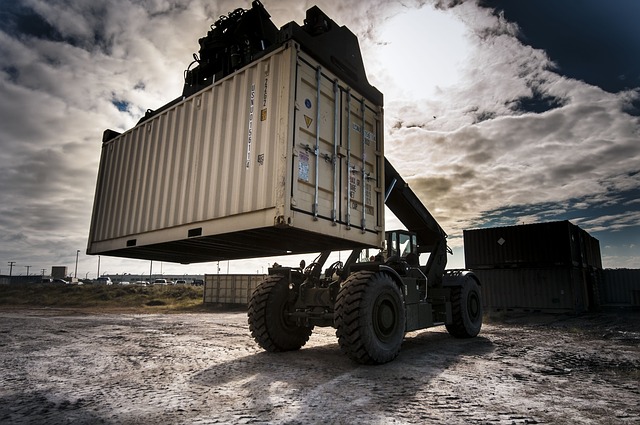 NEWS
NEWS
 NEWS
NEWS
 NEWS
NEWS
As part of a continuing initiative to deliver tools that increase application quality and accelerate release CA Technologies (CA Inc.) has integrated CA Release Automation with the Docker platform. This integration allows Docker containers and images to be fused into the life cycle of continuous delivery.
As DevOps and continuous delivery has evolved, businesses have continued to see an increase in the need to rapidly release new features and fixes. In 2013 reports showed businesses that implemented the DevOps paradigm saw 17 to 23 percent improvements in revenue and time to market. In 2014, Docker, Inc. grew by leaps and bounds, through two funding rounds, integration with over a dozen businesses including Dell, Microsoft, Amazon.com, Inc. (for Amazon Web Services), and IBM.
CA Release Automation is a tool that provides a platform for standardizing and automating release of software across infrastructure as well as providing for rapid configuration. Docker containers ease distribution by allowing applications to be built once, containerized, and then shipped across multiple servers at once.
By combining the two–containerization and automation of release and configuration–CA Technologies eases the weight on DevOps teams to standardize applications across multiple servers by automating last mile installation and configuration.
“We live in an application economy, and are all faced with the challenges of delivering new applications and changes to existing applications faster than ever before,” said David Cramer, vice president of Application Delivery Product Management, CA Technologies.
Containers fit the DevOps paradigm extremely well because they allow developers to prepare working applications and stay certain that the virtualized production environment will behave in a standardized way.
“Containers have been around for a while, but have become increasingly popular because of the DevOps movement. This integration enables customers to orchestrate and automate the entire SDLC (software development lifecycle) and leverage Docker-based build, test and deployment workflows.”
Docker’s own popularity amid virtual containers and notable growth in past years also makes it an excellent platform to integrate DevOps tools with.
Support our mission to keep content open and free by engaging with theCUBE community. Join theCUBE’s Alumni Trust Network, where technology leaders connect, share intelligence and create opportunities.
Founded by tech visionaries John Furrier and Dave Vellante, SiliconANGLE Media has built a dynamic ecosystem of industry-leading digital media brands that reach 15+ million elite tech professionals. Our new proprietary theCUBE AI Video Cloud is breaking ground in audience interaction, leveraging theCUBEai.com neural network to help technology companies make data-driven decisions and stay at the forefront of industry conversations.